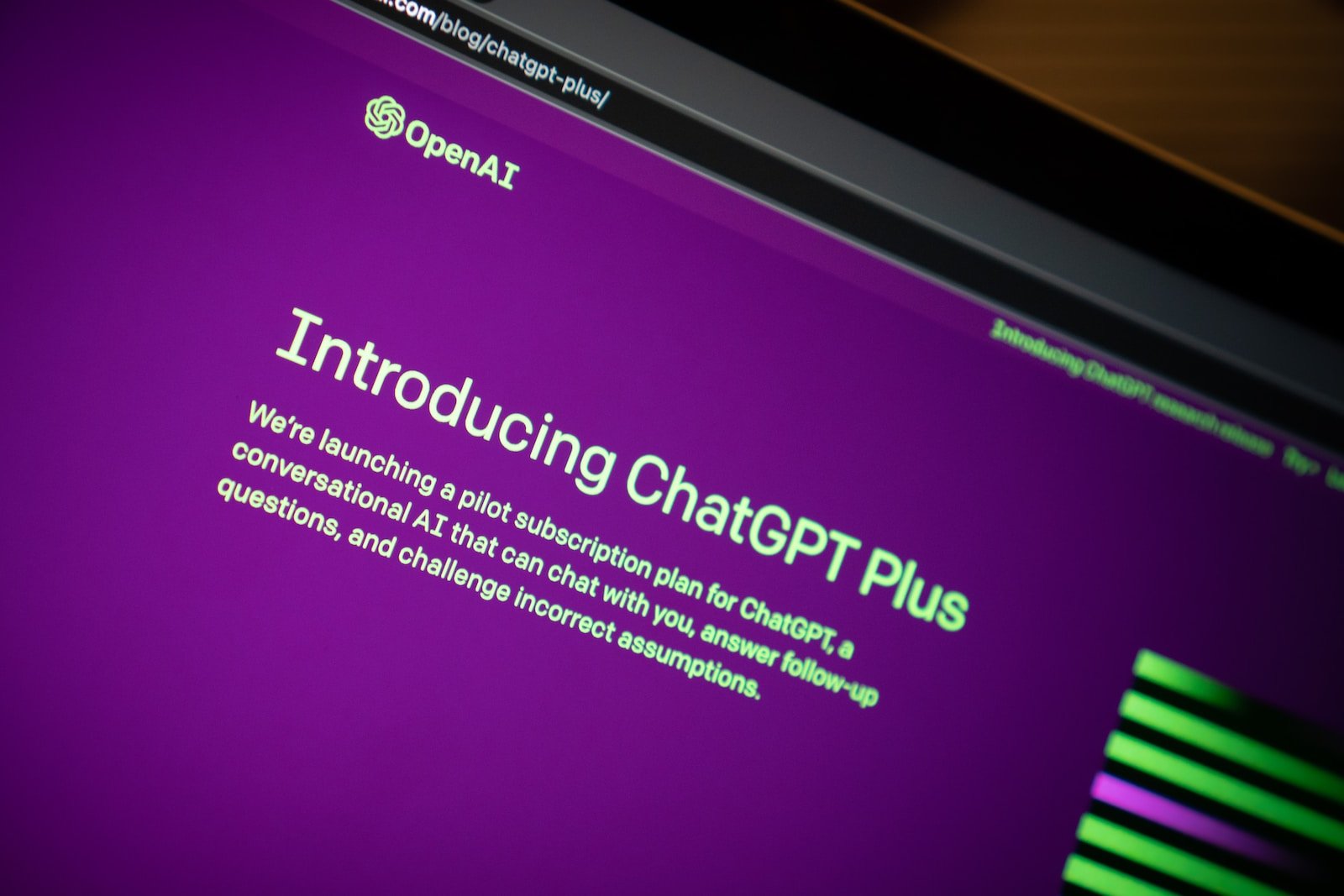In a groundbreaking revelation, Mass General Brigham has unveiled a remarkable study showcasing ChatGPT’s astounding 72% accuracy in medical decision-making, ranging from diagnosing illnesses to suggesting appropriate care plans. While some skeptics question the practicality of artificial intelligence in clinical settings, one prominent figure, Dr. Marc Siegel of New York University, wholeheartedly embraces the technology while advocating for the necessity of maintaining human control.
The Power of ChatGPT
Dr. Siegel, a respected professor of medicine, joined “The Big Money Show” to endorse AI’s potential in the medical realm. He emphasized the study’s significance, which analyzed 36 complex clinical scenarios from the Merck manual, demonstrating ChatGPT’s proficiency from start to finish. While the AI system achieved an impressive accuracy rate between 60% to 72%, it struggled with intricacies in some cases.
ChatGPT’s Triumphs and Shortcomings
The study’s methodology involved tasking ChatGPT with determining possible diagnoses for standardized “clinical vignettes.” Impressively, the AI accurately identified medical conditions in 72% of cases by analyzing patient symptoms and medical histories. It excelled further, boasting a 77% accuracy rate in delivering final diagnoses. However, its performance faltered when providing deferential diagnoses, where it achieved a 60% accuracy rate. Similarly, in clinical management decisions, such as prescribing medications post-diagnosis, ChatGPT demonstrated 68% accuracy.
AI as a Clinical Tool
Despite its limitations, Dr. Siegel firmly views AI as a valuable clinical tool, especially in underserved regions lacking immediate access to specialists. He envisions AI’s role in enhancing decision-making by providing essential information. However, he stresses that AI should never replace human doctors, as medicine encompasses nuances, compassion, and the ability to unearth unexpected patient disclosures. A computer, he argues, can never replicate the empathy and creativity that humans bring to medical care.
A Leap Towards Efficiency in Healthcare
One of the most compelling findings of the study is ChatGPT’s potential to revolutionize healthcare efficiency—an imperative concern for the industry. With healthcare expenditure accounting for 66% of the GDP and continually rising, the integration of AI could lead to substantial cost savings. Dr. Siegel believes AI could significantly improve efficiency, which is paramount as Medicaid expenses burgeon. The government is shouldering an increasing financial burden, making AI-driven efficiency enhancements all the more appealing.
AI’s Limitations: The Human Touch
While AI’s capabilities seem limitless, Dr. Siegel reminds us that a significant aspect of medical practice revolves around compassion and nuanced interactions. Doctors often uncover critical information when patients become comfortable and reveal unexpected details. These moments, often referred to as ‘by the way’ diagnoses, can shape a patient’s entire healthcare journey. AI, he argues, falls short in delivering empathy and creativity to these situations, making it a tool for efficiency rather than a replacement for the human touch.
In conclusion, ChatGPT’s remarkable accuracy in medical decision-making is a significant milestone in the ongoing AI healthcare revolution. While AI can undoubtedly enhance efficiency and assist medical professionals, it must coexist with human expertise to provide the holistic and compassionate care that patients require. As the debate over AI’s role in medicine continues, it is clear that ChatGPT’s capabilities are reshaping the healthcare landscape, sparking hope for a more efficient and accessible future.
Download our app MadbuMax on the Apple App Store for the latest news and financial tools. Interested in getting your finances in order do not forget to check Dr. Paul Etienne’s best-seller book on personal finance. To access more resources, tools, and services please click here. Also, do not forget to follow Dr. Etienne on IG or Twitter.



